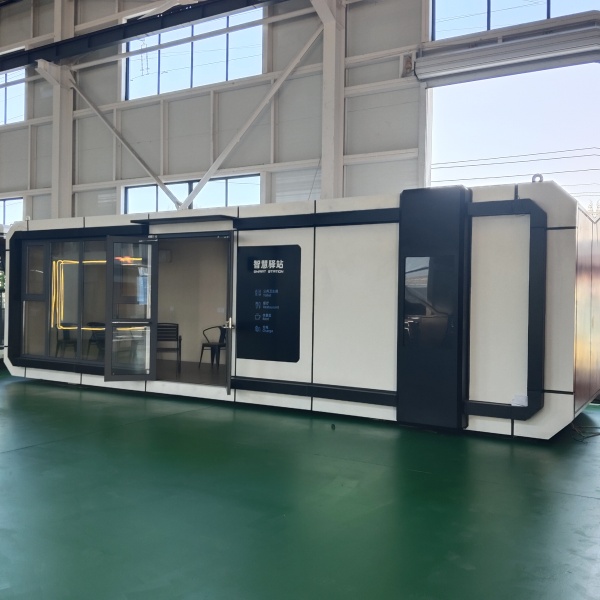-
E-mail
Austin120521@outlook.com -
E-mail
sales@jujiuhouse.com -
Telephone
+86-17864099991 -
Telephone
+86-17854044442
- Chinese
- French
- German
- Portuguese
- Spanish
- Russian
- Japanese
- Korean
- Arabic
- Irish
- Greek
- Turkish
- Italian
- Danish
- Romanian
- Indonesian
- Czech
- Afrikaans
- Swedish
- Polish
- Basque
- Catalan
- Esperanto
- Hindi
- Lao
- Albanian
- Amharic
- Armenian
- Azerbaijani
- Belarusian
- Bengali
- Bosnian
- Bulgarian
- Cebuano
- Chichewa
- Corsican
- Croatian
- Dutch
- Estonian
- Filipino
- Finnish
- Frisian
- Galician
- Georgian
- Gujarati
- Haitian
- Hausa
- Hawaiian
- Hebrew
- Hmong
- Hungarian
- Icelandic
- Igbo
- Javanese
- Kannada
- Kazakh
- Khmer
- Kurdish
- Kyrgyz
- Latin
- Latvian
- Lithuanian
- Luxembou..
- Macedonian
- Malagasy
- Malay
- Malayalam
- Maltese
- Maori
- Marathi
- Mongolian
- Burmese
- Nepali
- Norwegian
- Pashto
- Persian
- Punjabi
- Serbian
- Sesotho
- Sinhala
- Slovak
- Slovenian
- Somali
- Samoan
- Scots Gaelic
- Shona
- Sindhi
- Sundanese
- Swahili
- Tajik
- Tamil
- Telugu
- Thai
- Ukrainian
- Urdu
- Uzbek
- Vietnamese
- Welsh
- Xhosa
- Yiddish
- Yoruba
- Zulu
- Kinyarwanda
- Tatar
- Oriya
- Turkmen
- Uyghur

China expandable container house usa
Exploring the Expandable Container House Market: Bridging China and the USA
In the rapidly evolving world of modular housing, the China expandable container house USA market stands out as a crucial intersection of innovation, practicality, and international trade. While the allure of these versatile and cost-effective solutions keeps growing, there remains a myriad of considerations and misconceptions that need unraveling.
The Appeal of Expandable Container Houses
Expandable container houses have become synonymous with adaptability and efficiency. Their ability to transform from compact units into spacious living quarters intrigues both consumers and industry experts. It’s not just about cost savings; it's the flexibility to move and reconstruct these units that capture interest. This adaptability is especially valued in areas with fluctuating housing needs or in remote locations where traditional construction is impractical.
Companies like Shandong Jujiu Integrated Housing Co., Ltd. have been instrumental in spearheading this movement. With their extensive experience in research, design, and production, Jujiu offers a glimpse into how these structures can revolutionize living environments. Their website jujiuhouse.com presents a wide spectrum of possibilities that these homes can entail.
For the USA market, which has distinct regulatory and environmental considerations, these homes offer a unique solution to high urban housing costs, as well as provide a quick response to natural disasters by offering rapid deployment of shelter solutions.
Challenges in Integration and Regulation
However, transitioning these units into the US market isn’t without hurdles. Regulatory compliance is a significant consideration; the variances in building codes across states mean that each project requires meticulous adaptation to meet local standards. This often involves additional design and material adjustments, which can affect both cost and delivery time.
Shandong Jujiu’s commitment to quality and compliance helps in navigating these complex requirements. They emphasize a thorough understanding of local regulations, which is crucial for seamless integration. This is not just a tick-box exercise; it's about ensuring safety and long-term durability.
Shipping logistics present another layer of complexity. The sheer scale of moving these units across continents necessitates careful planning and coordination, which can sometimes lead to unforeseen delays or costs.
Market Trends and Technological Innovations
Currently, there’s a visible surge in interest towards sustainable and eco-friendly building solutions, with expandable container houses fitting right into this trend. Their modular nature lends itself well to sustainable construction practices by minimizing waste and optimizing resource use.
Technological advancements in materials and design also play a critical role. Companies like Jujiu are investing in research and development to create stronger, lighter, and more efficient structures. This push towards innovation allows these homes to offer better insulation, energy efficiency, and overall comfort.
Incorporating smart technologies into these homes is the next frontier. From integrated IoT systems that control temperature and lighting to enhanced security features, the potential is vast and largely untapped in this segment.
Case Studies and Real-World Applications
Several real-world applications of these container houses have underscored their viability. In regions prone to natural disasters, these houses have been utilized for their rapid deployability. It’s about more than just temporary solutions—some projects have transitioned these units into permanent housing, offering a quality living space long after initial deployment.
The role of companies like Shandong Jujiu Integrated Housing Co., Ltd. is critical here. With specific case studies highlighting their successes, Jujiu demonstrates how these homes can transform not just landscapes but lives. Their integrative approach—from design to installation—ensures smooth implementation and high customer satisfaction.
Of course, not every story is one of immediate success. Some projects encounter challenges like budget overruns or unexpected regulatory barriers, necessitating adaptive strategies and ongoing dialogue with local authorities and stakeholders.
Future Prospects and Strategic Considerations
Looking forward, the partnership between Chinese manufacturers and American markets is poised for growth. As industries continue to collaborate and innovate, the potential for these container homes expands further. The key to unlocking this potential lies in understanding market needs, regulatory landscapes, and maintaining rigorous quality standards.
By leveraging the expertise of established players like Jujiu, the pathway seems promising. Their comprehensive approach encompassing design, production, and compliance acts as a guidepost for new entrants and ensures a solid foundation for market expansion.
Ultimately, the journey of expandable container houses from China to the USA is a testament to the possibilities of global cooperation, and it’s only just beginning. As this market evolves, keeping a keen eye on trends, challenges, and innovations will be essential to shaping its future impact.
Related products
Related products
Best selling products
Best selling products-
 Luxury Foldable Two Story Container House for Glamping Resort and Villa Hotel
Luxury Foldable Two Story Container House for Glamping Resort and Villa Hotel -
 Detachable Design Prefabricated Container House Portable Modular Office Building Folding Container House
Detachable Design Prefabricated Container House Portable Modular Office Building Folding Container House -
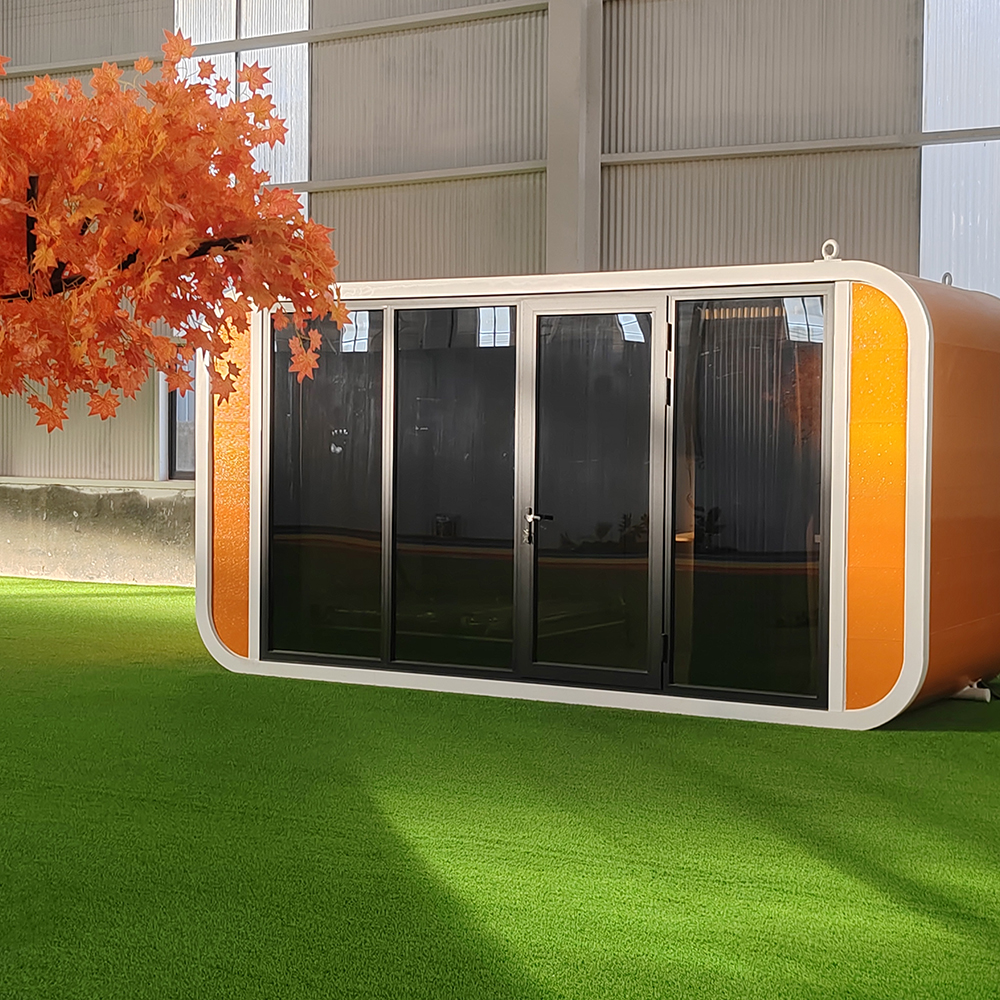 Luxury Prefabricated Living Container House Modular Glass Tiny House Prefab Container Home Apple Cabin
Luxury Prefabricated Living Container House Modular Glass Tiny House Prefab Container Home Apple Cabin -
 Hot-selling foldable container houses, expandable prefabricated houses, suitable for office or living use, with fast delivery.
Hot-selling foldable container houses, expandable prefabricated houses, suitable for office or living use, with fast delivery. -
 A container house with a terrace and double-wing folding design, suitable for various purposes such as offices, meeting rooms, living rooms, etc.
A container house with a terrace and double-wing folding design, suitable for various purposes such as offices, meeting rooms, living rooms, etc. -
 A container house with a terrace and double-wing folding design, suitable for various purposes such as offices, meeting rooms, living rooms, etc.
A container house with a terrace and double-wing folding design, suitable for various purposes such as offices, meeting rooms, living rooms, etc. -
 Waterproof folding container house – mobile accommodation for campsites/scenic spots
Waterproof folding container house – mobile accommodation for campsites/scenic spots -
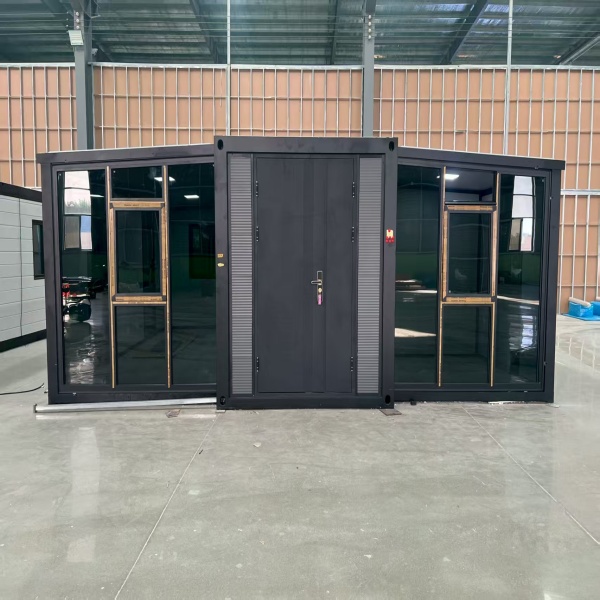 Customizable Office Mobile Home with Flat Roof and Double Wing Expansion Box, Convenient Container
Customizable Office Mobile Home with Flat Roof and Double Wing Expansion Box, Convenient Container -
 Reasonable Price 1 Bedroom Modular Container House Folding Container Home for Villa or Apartment Use
Reasonable Price 1 Bedroom Modular Container House Folding Container Home for Villa or Apartment Use -
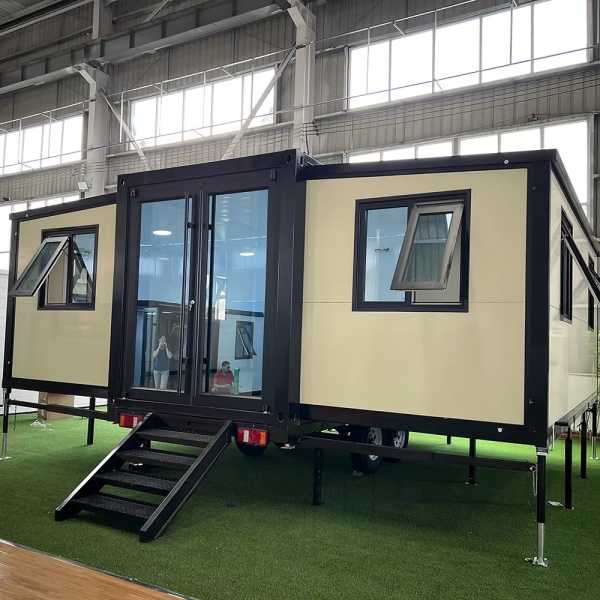 Stair Access Double Wing Expandable Container House | Easy Installation Mobile Office
Stair Access Double Wing Expandable Container House | Easy Installation Mobile Office -
 High-quality Double-wing Folding Container House with Doors and Windows, Insulated Walls, Suitable for Various Scenarios.
High-quality Double-wing Folding Container House with Doors and Windows, Insulated Walls, Suitable for Various Scenarios. -
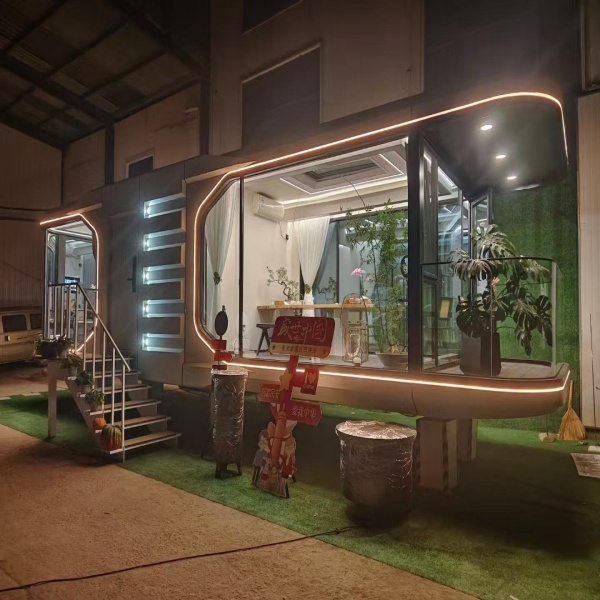 Outdoor ecological capsule rooms, luxury pods, space capsule hotel rooms, prefabricated space capsules, container houses
Outdoor ecological capsule rooms, luxury pods, space capsule hotel rooms, prefabricated space capsules, container houses










